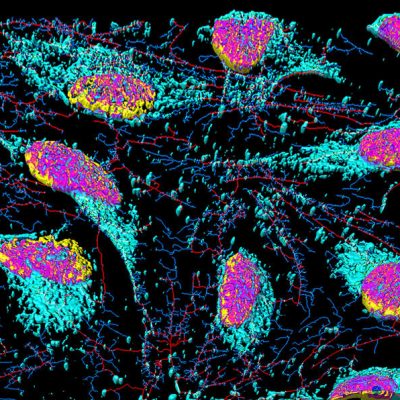A new vaccine against heroin addiction has been successfully tested on animals, with a clinical trial on heroin addicts set to follow. Heroin is the most widely used illegal opioid in the EU, with 1.3 million people in member states and Norway and Turkey considered high-risk consumers. In 2015, 8,441 people died from overdoses in Europe, 81% of them from heroin and other opioids. Scientists have been searching for ways to simplify heroin withdrawal and prevent addiction. Researchers at The Scripps Research Institute have developed a vaccine against heroin, which works by training the immune system to recognise the drug as a harmful intruder. The vaccine has been tested on mice and monkeys, with further testing planned to improve its effectiveness before it can be approved for use on humans.
The vaccine works by using an attenuated version of the drug, which does not cause a high, to train the immune system to recognise heroin as a harmful intruder. The immune system then produces antibodies that bind to heroin molecules, preventing them from entering the brain. The vaccine is made up of attenuated heroin molecules, a carrier protein, and an adjuvant, which is necessary to activate the immune system and increase antibody production. The researchers tested 20 combinations of the vaccine components to find the most effective one, settling on a combination of tetanus toxoid as the carrier protein and CpG-ODN as the adjuvant. The vaccine remains stable at room temperature for a month and can be produced as a liquid or powder.
The researchers believe that the vaccine could be a significant help to people who have unsuccessfully tried to quit heroin. They are already searching for a company to manufacture the vaccine in large quantities, despite it not yet being approved for use on humans. The vaccine could be a significant step forward in the fight against heroin addiction, which is a major problem in many parts of the world.










